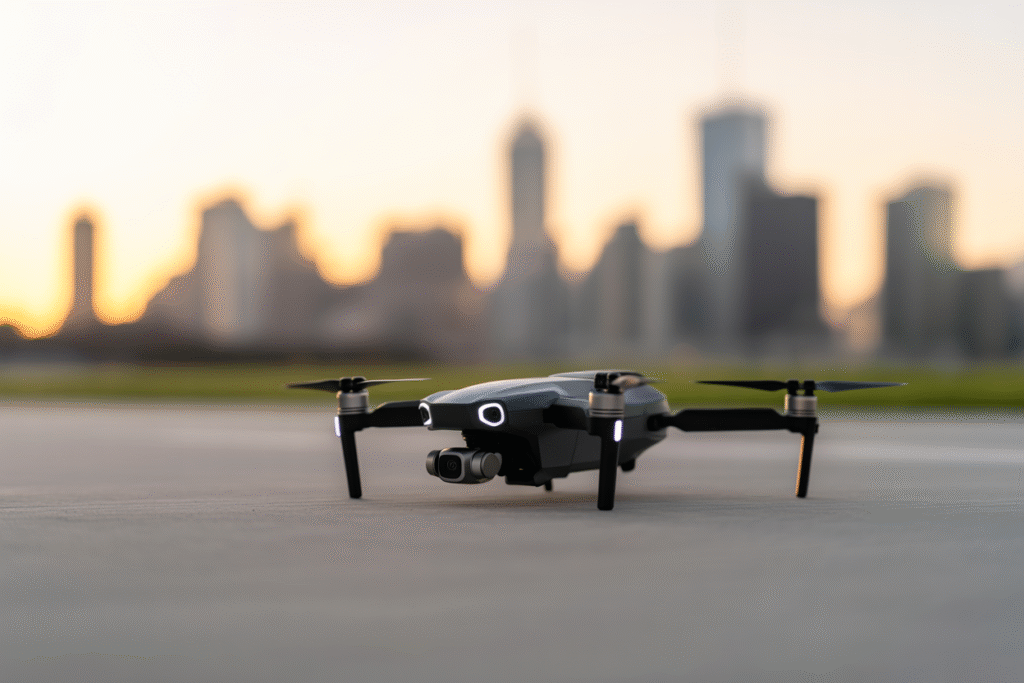From Pentagon propaganda bots to biased drone strikes, here’s why AI in military warfare ethics is the debate you can’t ignore.
Three hours ago, three separate reports lit up timelines with a single warning: unchecked AI in military warfare ethics is no longer theoretical. The stakes? Civilian lives, global stability, and the soul of modern defense. Let’s unpack the controversy before the next headline drops.
The Alignment Paradox
Imagine teaching a machine to be moral when humanity can’t agree on what moral means. Mikhael Arya Wong’s viral thread argues that AI alignment is a mirage in fragmented value systems. He warns that military AI will simply hard-code the biases of whoever funds it.
Short-term, we get faster threat detection. Long-term, we risk corporate-nation states running AI armies that erase cultural diversity and free will. Wong’s fix? A three-generation roadmap: immediate safeguards, mid-term anti-monopoly laws, and long-term preservation of human agency.
The kicker? Development is outpacing every safeguard on the drawing board.
Bias in the Crosshairs
SIPRI just dropped a report that reads like a courtroom drama for algorithms. Laura Bruun and Marta Bo show how flawed training data leads military AI to misidentify targets along race, gender, and geography lines.
Real-world drone strikes already hint at the body count when code meets prejudice. The authors call for:
• Diverse data sets before deployment
• Continuous human oversight
• Global standards that treat bias as a war crime
Without these steps, AI in military warfare ethics becomes a loophole for disproportionate civilian harm.
Pentagon’s Propaganda Playbook
The Intercept revealed the U.S. military is shopping for agentic AI to automate influence campaigns abroad. Picture thousands of synthetic personas flooding social feeds to drown dissent.
Heidy Khlaaf from AI Now warns the same tools can be hacked and turned inward, undermining trust in American narratives. The irony? We’re building the very weapons we accuse rival states of wielding.
The debate splits into two camps:
1. Hawks: Speed wins wars.
2. Ethicists: Speed without oversight loses legitimacy.
The Regulatory Vacuum
Right now, there’s no global referee for AI in military warfare ethics. Each nation writes its own rules, creating a patchwork ripe for escalation. The UN moves at diplomatic speed; Silicon Valley ships updates weekly.
What happens when one country’s ‘defensive’ AI is another’s existential threat? Without binding treaties, the race to deploy becomes a race to the bottom.
Civil society groups are pushing for:
• Mandatory bias audits
• Public disclosure of training data
• Sunset clauses that force re-certification
Your Move, Reader
You don’t need a security clearance to shape this conversation. Share articles, question elected reps, support watchdogs—every signal tells policymakers the public is watching.
Because if we wait for the first AI-triggered casualty to act, the algorithm will have already decided the next headline.


